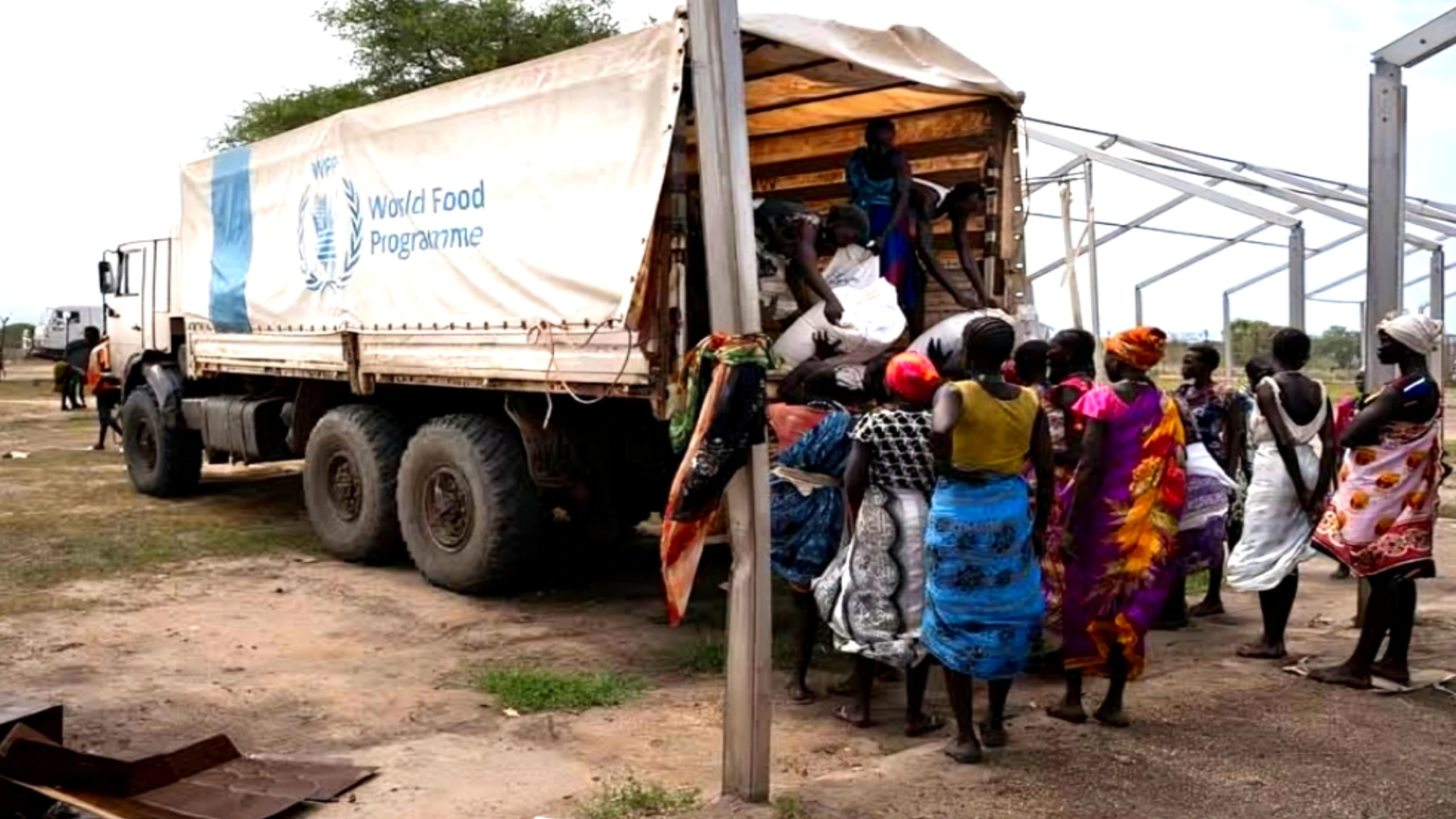Kabul: The UN’s top emergency relief official, Tom Fletcher, has issued a stark warning about the dire humanitarian consequences of global aid cuts, describing the situation in Afghanistan as a life-or-death crisis for millions.
Speaking from the overcrowded Mirwais Regional Hospital in Kandahar—where up to four patients are forced to share a single bed—Fletcher revealed that the UN has been forced to shutter 400 primary health centres in Afghanistan due to severe funding shortages. “Boasting about slashing aid to the most vulnerable is deeply misguided,” Fletcher said. “These cuts mean death for millions.”
The humanitarian crisis in Afghanistan has escalated sharply, with major UN agencies—including the World Food Programme (WFP), World Health Organization (WHO), UNICEF, OCHA, UNHCR and UNAIDS—forced to scale back or end critical aid programmes.
Fletcher described heartbreaking scenes in local hospitals, where under-resourced doctors must make impossible choices about which patients receive treatment. The crisis has hit female health workers especially hard, with many seeing their salaries reduced by up to 66%. This comes amid worsening conditions for Afghan women, who continue to face oppressive restrictions under Taliban rule.
During his visit, Fletcher met with the Taliban’s provincial governor in Kandahar, Mullah Shirin Akhund, urging action to address the deepening crisis. With nearly half the country’s population—around 22.9 million people—reliant on humanitarian aid, the UN emphasized that true development is impossible without girls' education and full participation of women in the economy.
The situation is further strained by the return of hundreds of thousands of Afghan refugees from neighboring countries, particularly Pakistan and Iran. In April alone, more than 250,000 Afghans were sent back, nearly 100,000 of whom were forcibly deported. The UN has expressed grave concern, particularly for returning women and girls facing increased repression.
Fletcher also visited a UN-supported reception centre for returning refugees in Kandahar, where health checks and financial support are provided. However, he warned that the closure of so many health facilities has left more than three million Afghans without access to essential medical services.








